The best time to visit Ghana depends on your preferences and what you plan to do while you’re in Ghana. Ghana has a tropical climate with two main seasons: the rainy season (April to October) and the dry season (November to March). The northern part of the country typically records one rainy season, which begins in May and lasts until September. Southern Ghana records two rainy seasons; major season from April to July and minor from September to November.


Temperature in Ghana
If you prefer hot weather and want to avoid the rainy season, the best time to visit Ghana is during the dry season, which lasts from November to March. During this time, the weather is generally dry and sunny with temperatures ranging from the mid-70s to the mid-90s Fahrenheit (mid-20s to low-30s Celsius).
However, if you’re interested in seeing the lush vegetation and wildlife that thrive during the rainy season, then visiting Ghana between April and October might be the better option. The rainfall is not constant throughout the season, so you can still enjoy some sunny days in between the rainy days.
Peak Season in Ghana(November to March)
Keep in mind that the peak tourism season in Ghana is during the dry season, so prices for accommodation and attractions may be higher and there may be more crowds. This is widely considered the best time to visit Ghana (especially southern Ghana). There is little to no rain, so you won’t have to deal with blocked roads or closed attractions. The temperature will be quite high during this period, but the harmattan winds flow in from the Sahara desert from December – March, cooling down the temperature. The weather in Ghana will be incredibly dry- so pack some lip balm and an SPF moisturizer.
- Avg. Temperature: 75 – 88° F / 24 – 31° C (in Accra)
- Rainfall: 14 – 32 mm
- Season: Summer
- Highlights: This is the perfect season for you to see exotic animals in Kakum or Mole National Park. The dry weather causes the animals to congregate at the waterholes, giving you a great opportunity to spot big game. The weather is good if you want to go hiking as well with Mount Afadjato and the beautiful Wli Falls waiting for you. The beaches at Elmina and Cape Coast are also beautiful during this season. Keep a lookout for the Ashanti Akwasidae celebrations that happen every sixth Sunday, with lots of drums, singing, and festivities.
Benefits: The dry season is perfect for exploring Accra’s attractions, such as the beaches, markets, and cultural sites, without the inconvenience of rain. The humidity levels are lower compared to other times of the year, making the weather more comfortable for travelers.
Events: November to March includes several festivals and events, such as Christmas and New Year celebrations in December and the annual Chale Wote Street Art Festival in August, which may extend into March. These events offer a unique cultural experience for visitors.
Mini Dry Season: July to August
- Weather: This period is a short dry season known as the “mini dry season.” The temperatures during this time range from 23°C to 29°C (73°F to 84°F), and there is less rainfall compared to the main rainy season. It’s also characterized by a slightly cooler climate, particularly in the evenings.
- Benefits: Similar to the main dry season, this period offers good weather for sightseeing and outdoor activities. It’s also a great time for beach outings, as the seas are usually calmer. Additionally, this period sees fewer tourists than the peak dry season, making it a good time to visit for those looking to avoid larger crowds.
- Events: The Homowo Festival, celebrated by the Ga people of Accra, usually takes place between July and September. It is a harvest festival with vibrant parades, traditional music, dancing, and feasts, offering a rich cultural experience for visitors.
Off-Peak or Low Season in Ghana(April to June and September to October)
The rainy season lasts from April to August and is popular with European and North American tourists.
In Ghana, the low season is the rainy season, which may be hot and sticky but has milder temperatures and a luxuriant burst of vegetation. Rainfall might range from a brief shower to a multi-day downpour.
Interior travel may be limited due to flooded roads at this season, but there is still plenty to see and do in the country’s outlying areas.
April, May, and June are among the wettest months in Ghana’s southern part. The rains then subside significantly in July and August (though showers are still prevalent), before returning in September and October. This is an excellent season for shooting, with generally clear sky and plenty of foliage. Rains continue to fall across the country’s north, cooling temperatures and making the weather more comfortable. Unfortunately, this is also the time of year when mosquitoes are most prevalent, so take additional precautions.
Even though these rainy months are Ghana’s low season, the country still sees an increase of European and North American travelers between June and August (Ghana’s coolest month), so book your flights and accommodations early.
Overall, the best time to visit Ghana depends on your preferences and what you want to do while you’re there. It’s always a good idea to check the weather forecast before your trip and plan accordingly.
Let us know if this information was helpful.


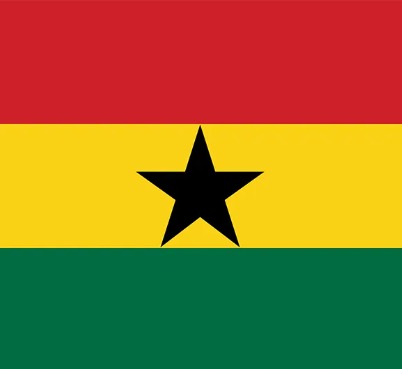

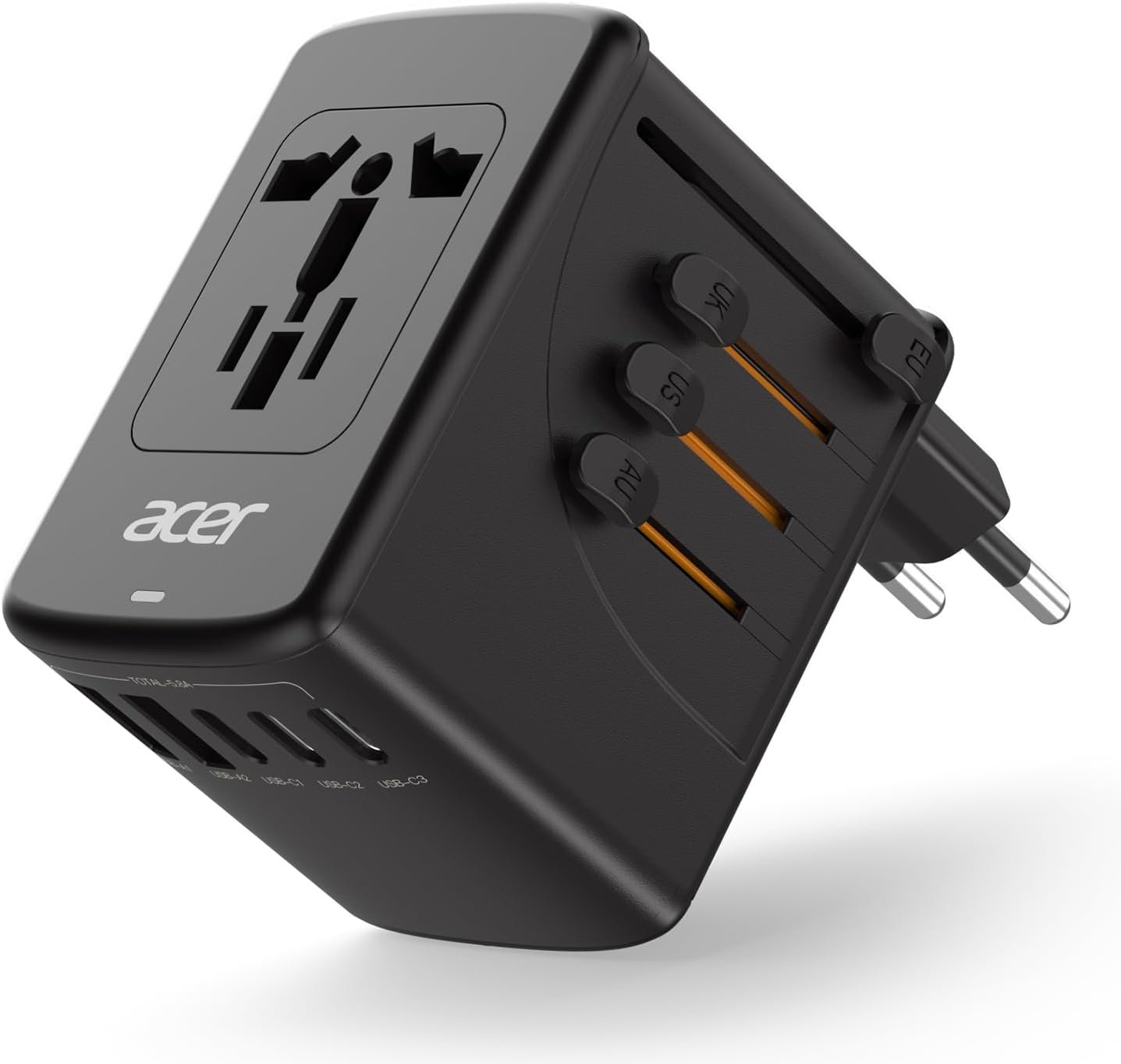
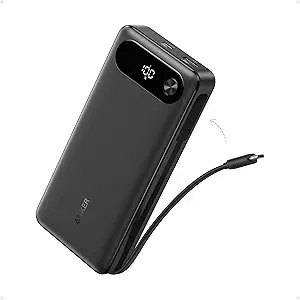

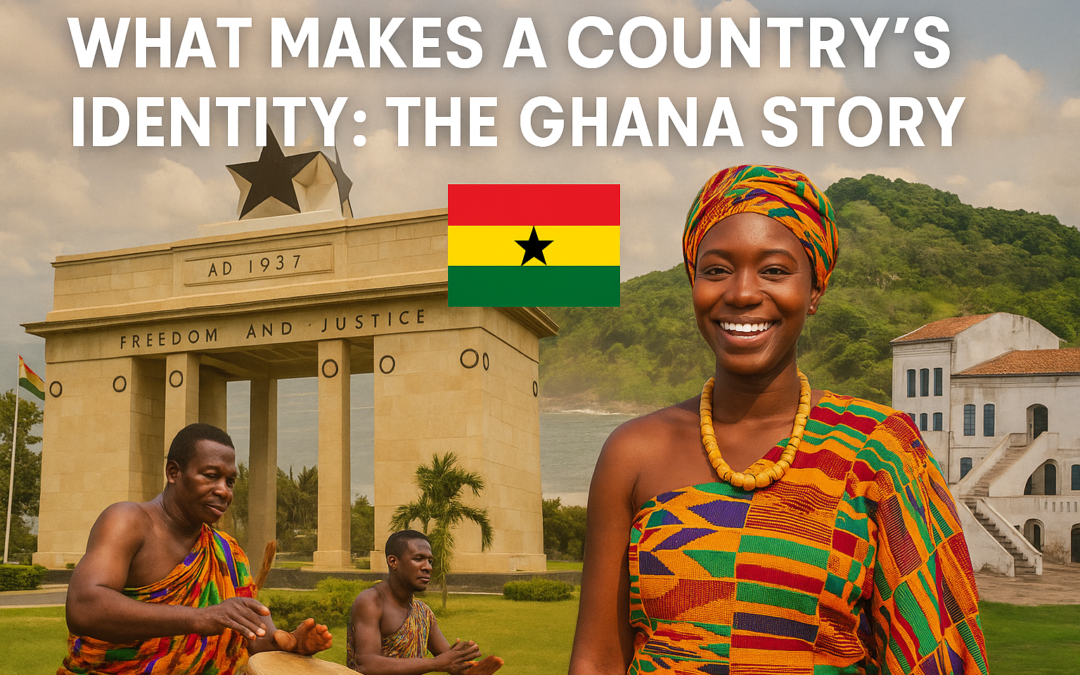
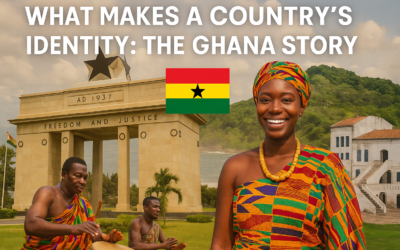
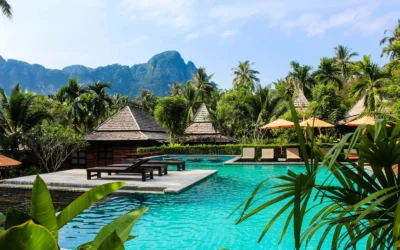

0 Comments